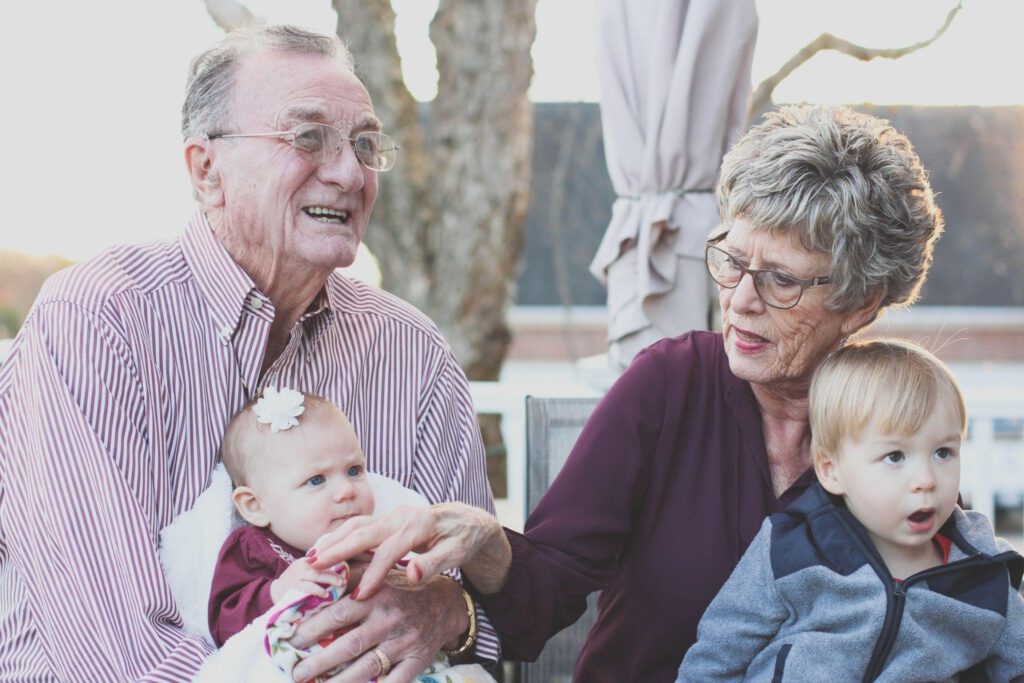A guide to mental health in the elderly – how to help a loved one in need

Collaborative Post
The elderly population is growing with each passing year. As more people live their lives into old age, it becomes more important to be aware of their needs and support what they need most. Studies made by TSA show that 1 in 5 people will experience some sort of mental health issue. The elderly population is one group at higher risk for developing mental illnesses like depression and dementia. This post looks at how you can help a loved one in need.
What is mental illness?
Mental illness, also known as mental health, is a medical condition that affects one’s thinking, emotions, or behaviour and can result in significant functional impairment.
Different illnesses require different treatments with varying success rates. Mental illness significantly impacts the individual who experiences it and the people around them.
How to spot signs of depression in the elderly
As the number of elderly grows, so does the risk of depression. It is essential to look for signs and symptoms of depression in this population. The following are some signs and symptoms that may indicate a loved one is struggling with depression:
- Isolated, frequent crying episodes
- Loss of appetite or weight loss
- Changes in sleep patterns, including sleep disturbances such as insomnia and sleep apnea
- Change in personality traits like anxiety or irritability
- Aches or pains that do not seem related to activities of daily living
If you notice these signs in a loved one, talk to them about your observations. It might be helpful for them to seek professional help from a social worker or psychiatrist who can provide advice and support.
How to help your loved one in need
If you know someone at risk of developing mental illness, there are some simple steps you can take to help them.
First, encourage your loved one to take care of their mental health by providing a support network for your loved one. Try everything from joining a local group to finding professional help. They may also need physical and emotional care, which is why it’s crucial to check into these options as well.
Second, try not to isolate them from their friends and family members if they struggle with depression or dementia. Encourage them to talk about what’s going on and offer support for those struggling with it all. They must have people in their lives who will listen without judging them.
Third, make sure they feel safe in their home. If they’re feeling unsafe in the house they grew up in, that can be a sign that they’re struggling with depression or dementia. They might be anxious about what’s happening around them and unable to focus properly because of all the thoughts running through their heads. It can be worth considering if moving into specialised settings for seniors could be the best way forward for them. It can look like nursing home care with Oakland Care, assisted living, or senior-focused communities.
Fourth, offer company when necessary and let them know you’re there for them no matter what happens during these challenging times.
Conclusion
Mental health is something to be taken very seriously. It can be hard to find the signs of depression, but it is essential to be aware of them and, if you notice them, to take action.

